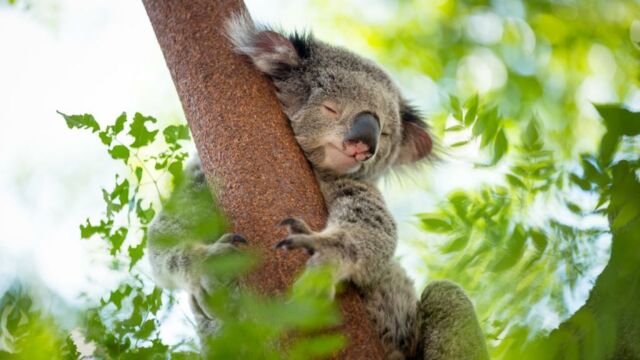Chlamydia is a sexually transmitted disease that affects a range of different species, including humans, goats, sheep, cats, and koalas. The STD has been especially prevalent in koala populations, with half the numbers testing positive in some areas.
Discover our latest podcast
According to Amber Gillett, a veterinarian in Australia Zoo Wildlife Hospital, the disease can lead to severe conditions like conjunctivitis, bladder infections, and infertility in the marsupials. It can also cause painful cysts in female koalas, along with blindness, and in some cases death.
Vaccine for koalas
Koalas have currently been listed as a vulnerable species, but experts are afraid that this chlamydia crisis could further decrease their already dwindling numbers. For this reason, a team of Australian researchers have been trialling a vaccine that could make them immune to the disease.
They’re going to test a single dose on 400 koalas at the Australia Wildlife Hospital in Queensland. They have already started their trial as the first koala, who goes by the name of Shano, was inoculated on 15 October. Once vaccinated, the koalas will be microchipped before being released into the wild again. Peter Timms, professor of microbiology at the University of the Sunshine Coast, explained:
While this vaccination will directly benefit each of the animals, the trial will also have a focus on the protection provided by vaccination.
All koalas will be microchipped and the hospital will record any animals that return for any reason over the following 12 months.
Preventing chlamydia
And although antibiotics can also be given to these marsupials, researchers believe that vaccination will be much more effective to avoid reinfection. Gillett added:
Although many koalas with chlamydia can be treated using traditional antibiotics, some animals cannot be saved due to the severity of their infection.
Having a vaccine that can help prevent both infection and the severity of the disease is a critical element in the species’ conservation management.















